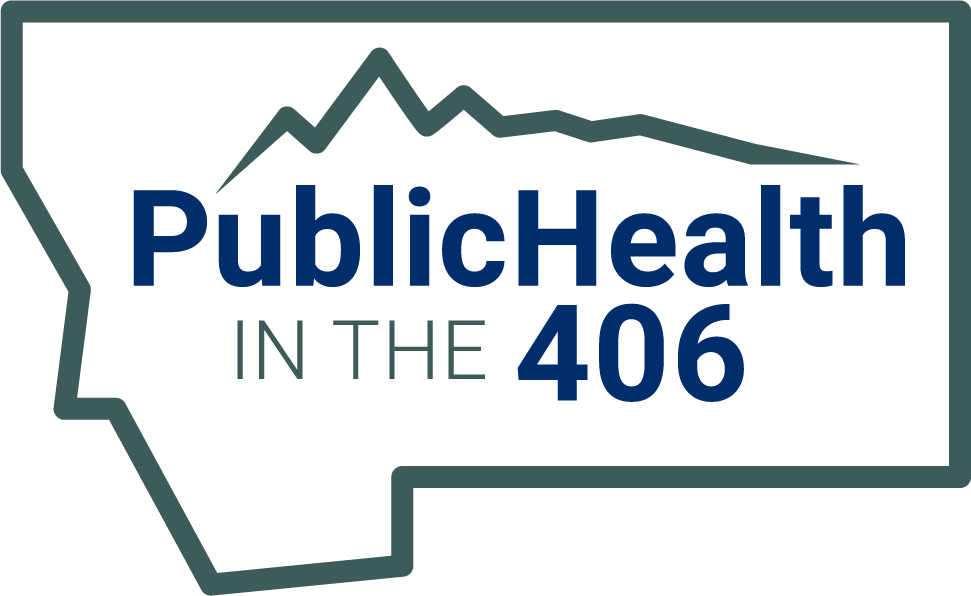How Can a School Nurse Help Children with Life-Threatening Allergies?
Knowing that your child or student has a potentially life-threatening allergy can be frightening to a parent or classroom teacher. School nurses play a vital role in assuring that your child is safe at school. Registered professional school nurses provide professional healthcare services that no other school staff members are equipped to offer.
You can help your child to manage life-threatening allergies and prevent anaphylaxis at school by talking with the school nurse at or prior to the beginning of the school year in August. Share your child’s medical history and provide a personal epinephrine auto-injector (EpiPen) to the school along with a prescription from your healthcare professional.
Your school nurse can help you to decide whether your child should carry an EpiPen with him/her at all times. If your child is ready to self-carry medication, you will receive a form to be signed by you and your healthcare professional.
School nurses recommend that even though your child may be carrying an EpiPen, you should provide a second personal EpiPen (back-up EpiPen) to the school which will be kept in a central location (generally the main office) where it will be accessible if your child has a severe allergic reaction and does not have the self-carried EpiPen on his/her person at the time of the reaction. Your child’s personal EpiPen will accompany your child on all trips away from the home school building, generally carried by your child’s teacher.
In addition, the Montana Legislature passed a law in 2013 (SB 165) permitting schools to maintain a stock supply of epinephrine for use by trained school staff in any situation where anaphylaxis is occurring. Stock epinephrine is meant to stay in the school building.
Check with your school to see if there is a policy in place for stock epinephrine.
Always inform the school nurse of any major changes in your child’s condition. The school nurse is available to answer your questions and discuss your concerns.
The registered professional school nurse is prepared to:
- Identify students in the school with life-threatening allergies.
- Communicate with the student and family to gather data about the needs of the individual child and their perception of the child’s health status.
- Communicate with the child’s healthcare professional about medications and additional interventions that may be necessary.
- Create a written Individualized Healthcare Plan (IHP) and Emergency Care Plan (ECP).
- Maintain ongoing communication with the child and family.
- Train school staff to respond in the event of suspected anaphylaxis.
- Communicate with the teacher and other school staff about classroom needs and expectations.
- Assist the classroom teacher in creating an allergy-free classroom if indicated.
- Provide information to school food services.
- Arrange for EpiPen and Emergency Care Plan to be taken on field trips.
- Serve as the healthcare consultant to the Section 504 team.
- Periodically evaluate the student’s health, the effectiveness of the plan, the student’s opportunities to participate in all school activities, the frequency of school absences and the student’s ability to manage his/her allergy at school.
Sue Buswell, MSN, RN, NCSN
Retired School Nurse - Helena
Montana Association of School Nurses
2015
Additional Resources:
FARE – Food Allergy Research and Education
CDC National Guidelines for Managing Food Allergies at School
Food Allergy and Anaphylaxis Emergency Care Plan
Online Food Allergy and Anaphylaxis Toolkit for School Nurses



